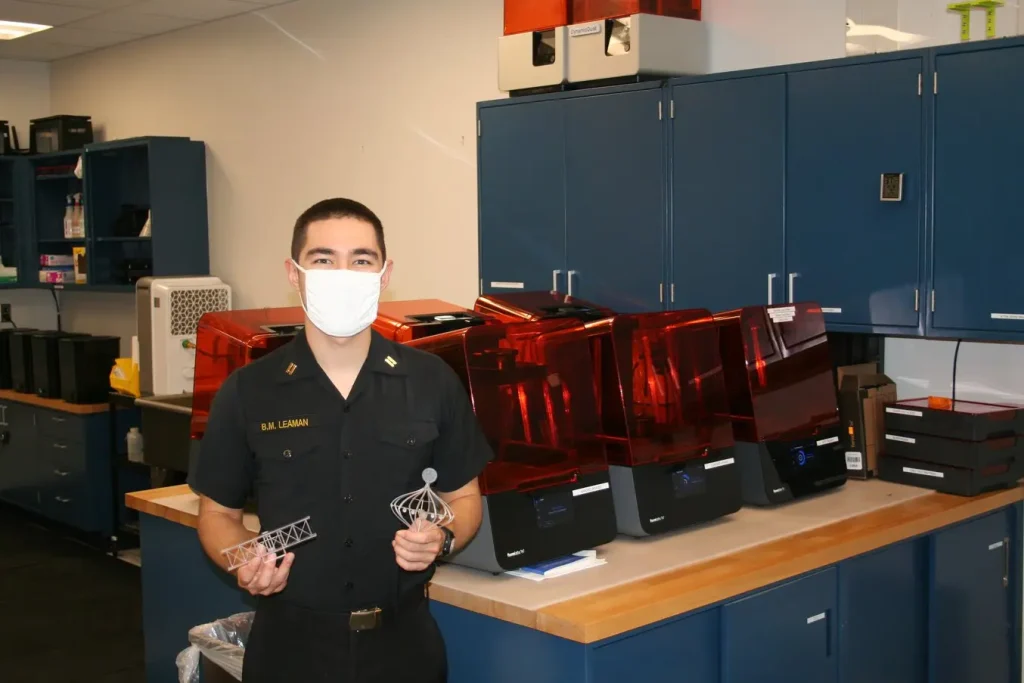One
hundred people gathered at Microsoft
NERD for the Big Data Cluster’s seminar on February 28, 2014, where the morning
was kicked off by Sastry Chilikuri, Partner at McKinsey
& Co. Sastry’s keynote went through four lessons he has discovered are
critical to a successful big data program.
hundred people gathered at Microsoft
NERD for the Big Data Cluster’s seminar on February 28, 2014, where the morning
was kicked off by Sastry Chilikuri, Partner at McKinsey
& Co. Sastry’s keynote went through four lessons he has discovered are
critical to a successful big data program.
- Transformation journey. Communication and access to
data is key. - Open data. Governments are moving towards open data
platforms and sharing more information with the public. Companies are
using social media more and more to gather insights on their customers. - Organization and talent. It takes a team of people who
can bridge the different gaps required for a successful big data workflow. - Frontline adoption. The end result must be to take
advantage of the insights gathered through the data.
Sastry
closed his keynote remarking that those organizations who are most successful
in the big data journey are those that master the feedback loop. From there our
panel got started in on the trends they are seeing and where the biggest
opportunities within big data can be found.
closed his keynote remarking that those organizations who are most successful
in the big data journey are those that master the feedback loop. From there our
panel got started in on the trends they are seeing and where the biggest
opportunities within big data can be found.
Opportunities
Marilyn
Matz, Co-Founder and CEO of Paradigm4,
sees one of the biggest opportunities for organizations is to take advantage of
the multiple data sources now available to them. Jon Pilkington, Vice President
of Products at Datawatch spoke of using a
combination of real time and stored data to garner insights and then to have
the ability to display to the end user. Iran Hutchinson,
Product Manager and Software/Systems Architect at Intersystems talked about the need for
interoperability and the need to work within a single platform.
Matz, Co-Founder and CEO of Paradigm4,
sees one of the biggest opportunities for organizations is to take advantage of
the multiple data sources now available to them. Jon Pilkington, Vice President
of Products at Datawatch spoke of using a
combination of real time and stored data to garner insights and then to have
the ability to display to the end user. Iran Hutchinson,
Product Manager and Software/Systems Architect at Intersystems talked about the need for
interoperability and the need to work within a single platform.
Bob
Zurek, Senior Vice President of Product at Epsilon
went in a slightly different direction, away from data, tools, and platforms
and spoke about developing the next generation of data scientists and the
adoption of new academic curriculums being offered.
Zurek, Senior Vice President of Product at Epsilon
went in a slightly different direction, away from data, tools, and platforms
and spoke about developing the next generation of data scientists and the
adoption of new academic curriculums being offered.
Tools and
Applications and Workforce
Applications and Workforce
There was some slight debate on whether one size can fit
all within the big data stack. Generally organizations must serve multiple
needs across multiple consumer types and there is no one software that can
accommodate everything, which is why many organizations use a combination of
tools and applications. And with that, we’ll be seeing more pre-packaged and
less complicated tools which can be used by business intelligence specialists not
just data scientists.
all within the big data stack. Generally organizations must serve multiple
needs across multiple consumer types and there is no one software that can
accommodate everything, which is why many organizations use a combination of
tools and applications. And with that, we’ll be seeing more pre-packaged and
less complicated tools which can be used by business intelligence specialists not
just data scientists.
Ultimately the panel understood that to create and
implement a big data strategy – ultimately to get the
implement a big data strategy – ultimately to get the
data to where it needs to be – is hard and you need to
hire the people that know how to do it. And what can often help is a large
integrator to identify the right tools for the stack and then put them into
process.
hire the people that know how to do it. And what can often help is a large
integrator to identify the right tools for the stack and then put them into
process.
Final take-aways
Big
data is not a new phenomenon. Business intelligence has been done for many
years. But the questions we ask and the answers that are provided are more
complex. There needs to be a focus on business and an understanding that there
are no shortcuts. But overall we have an amazing opportunity with so many
benefits to the way in which we work and live.
data is not a new phenomenon. Business intelligence has been done for many
years. But the questions we ask and the answers that are provided are more
complex. There needs to be a focus on business and an understanding that there
are no shortcuts. But overall we have an amazing opportunity with so many
benefits to the way in which we work and live.


